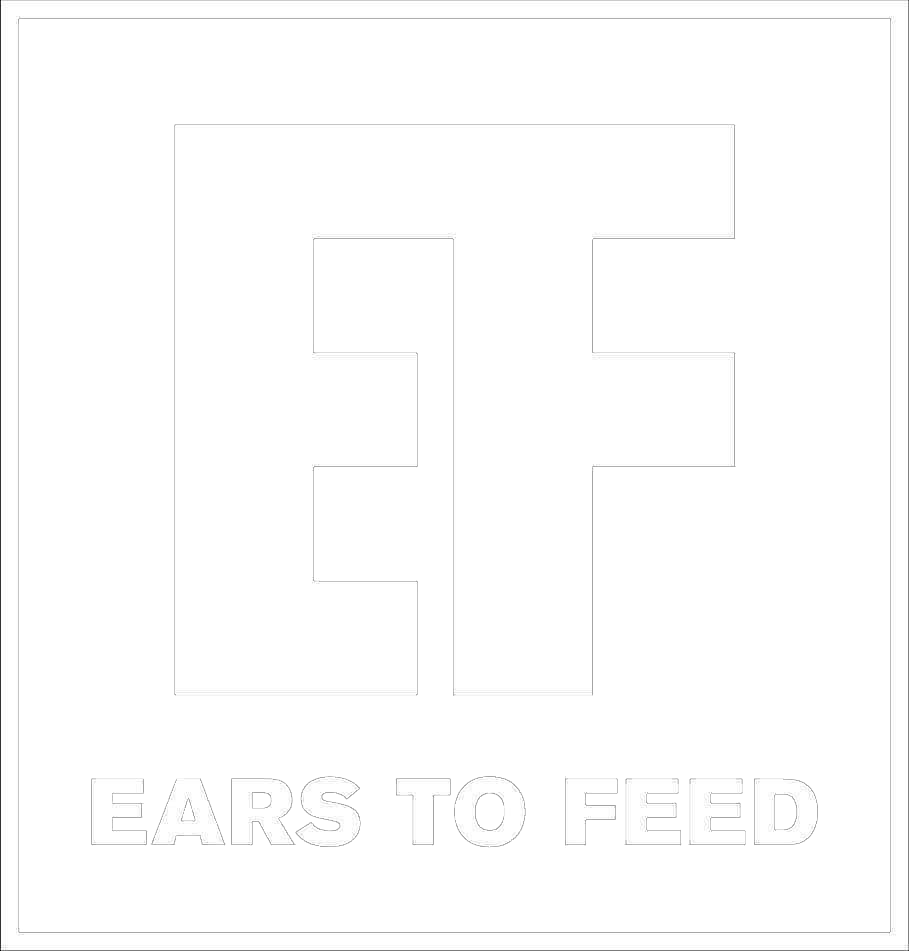Too often we hear of record labels forming and, just as quickly, disintegrating because of either the reality of the long-term responsibilities needed to make a roster thrive or becoming disillusioned with its potential prosperity. It comes as no surprise, then, that a label like Joyful Noise Recordings has stood the test of time considering the myriad of creative paths they’ve forged.
Providing an innate, curatorial knack that ties together diverse artists like Kishi Bashi, Tropical Fuck Storm and Jad Fair, Joyful Noise transcends boundaries and broadens the limitations of what a record label can successfully encompass.
Established in 2003 as a means to add legitimacy to his experimental-noise band in college, founder Karl Hofstetter worked part-time releasing records for his friends’ bands until his label steadily built traction at the turn of 2010. Focusing on limited tactile releases, the idea to put out a Joan of Arc cassette tape box set seemed like an outlandish idea at the time, but was the catalyst for what fueled the label to garner a wider audience.
“I had no idea if anyone would care or if anyone would buy it, I just knew I was a huge fan of Joan of Arc and wanted to release this art object off their catalogue,” said Hofstetter in a Zoom interview with Ears to Feed. “To my surprise, it sold out in one day and that taught me a lot about the trajectory in which I should take the label.”
Building to its current team of ten employees, Joyful Noise Recordings has since come out with roughly 350 releases in various physical formats, instilling a rebellious spirit by carving out new approaches and not attempting to emulate a music industry of the past.
Joyful Noise has forged multiple revenue streams like a VIP membership program, mystery singles, rarities, unique art objects and more, which allow greater creative freedom for the label to expand and invest in new acts.
As a curatorial entity, the label has formed meaningful relationships with other innovators, which they may not have had the chance to work with if it wasn’t for their archival White Label Series. Reviving and revitalizing albums that just as easily could have disappeared into obscurity, the series sees people like Thurston Moore, St. Vincent and Lydia Lunch identifying their favorite underappreciated albums to be released by Joyful Noise.
“It’s really cool to be able to get a curator’s statement,” said Hofstetter. “You get this completely unknown band that no one’s ever heard of, but you [also] get this statement from David Lynch saying, ‘here’s why this record really matters.’”
Labels have had to drastically shift gears to accommodate for the lack of live shows their artists were facing and assess how to best direct an online audience to their roster. With such an ingrained and loyal fanbase, Joyful Noise were met with an increase in direct sales and enduring support from their followers. Yet, they were still accustomed to an album release being paired with bands on the road playing in front of a live audience.
“We really had to throw ideas at the wall to try and figure out how to promote records that had been released but were still very fresh in a world without touring,” said Hofstetter. “I wouldn’t say we’ve necessarily cracked that code, we’ve just done things like releasing supplemental material that points back to the record.”
An example of this is Deerhoof’s three contributory albums that supported 2020’s full length Future Teenage Cave Artists, as well as advanced listening parties where fans could interact directly with the artists in a live-streaming format.
Constantly aware of and adapting to their surroundings, Hofstetter and his team continually reassess their priorities and engage in ways to reflect the wider world while still maintaining steadfast relations with their artists.
“Our goal is always to put as much creative energy into each project so that they can really see their full potential,” Hofstetter said. “Labels really aren’t gatekeepers anymore. It’s more a matter of […] is the label the right entity to translate the artist’s vision for the general populous, is how I think of it. We definitely think of ourselves as artistic partners with each band.”
Hofstetter said a big part of Joyful Noise’s success comes in an effort to separate preconceived notions of what a label should be in its decisions.
“For me, the breakthrough happened when I gave up trying to emulate what other labels around me were doing and instead focused on my own crazy ideas and carve my own path,” he said. “I think now more than ever it’s important for labels to be their own creative voice. You’re not going to be of much value if you’re stuck in the past or if you’re thinking of a label as just a financier.”
